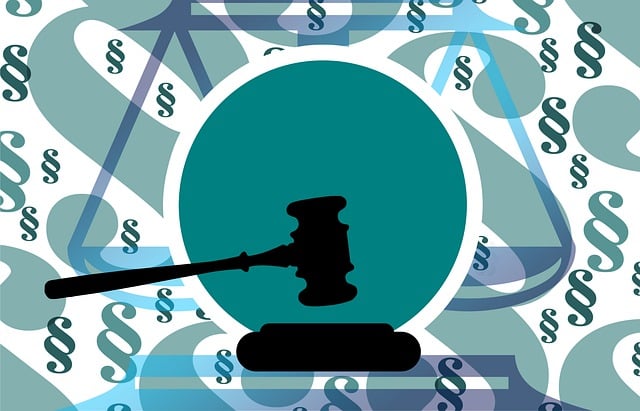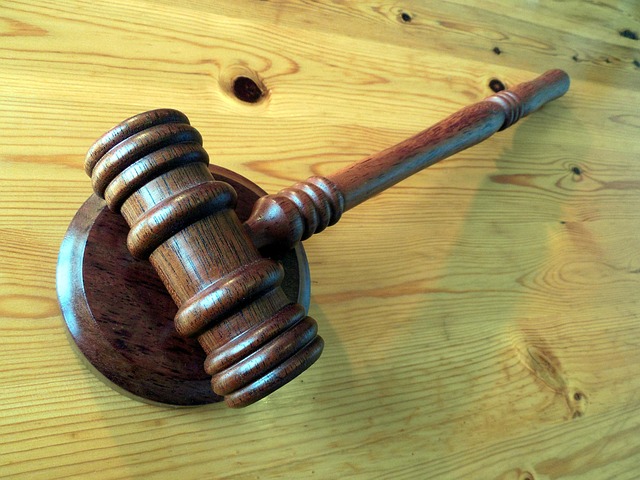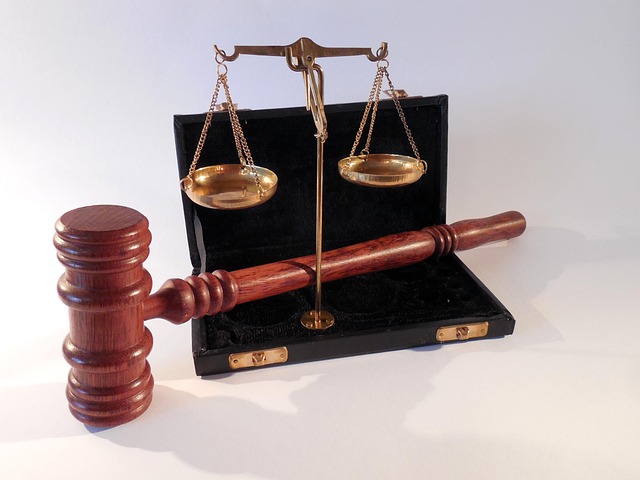Understanding the appeals process in criminal law is vital for justice, offering defendants a chance to challenge sentences or verdicts through higher courts. This meticulous procedure involves scrutinizing legal arguments and evidence from both sides. Common reasons for appeal denials include procedural errors, insufficient evidence, and failure to demonstrate prejudicial impact, particularly in complex cases like white-collar defense. Effective legal representation is crucial for building robust appeal cases, as courts rarely overturn decisions unless compelling reasons are presented. In high-stakes cases, strategic conduct during trial significantly impacts outcomes, with common denials linked to untimely objections, improper cross-examination, and inadequate closing arguments. Robust legal teams address these issues to strengthen cases and improve appeal outcomes.
“Criminal law cases often navigate a complex path towards justice, with appeal processes serving as a crucial gateway. This article delves into the intricate details of appeal procedures, shedding light on common pitfalls that can lead to denials. From understanding legal errors and procedural mistakes to evaluating evidentiary challenges and strategic decisions, each aspect plays a pivotal role in determining the outcome. By exploring these key areas, we aim to equip readers with insights into the common reasons for appeal denial, empowering them to navigate this vital component of the criminal justice system effectively.”
- Understanding Appeal Processes: A Gateway to Justice
- Common Legal Errors Leading to Denial of Appeals
- Procedural Mistakes: Navigating the Tightrope
- Evidentiary Challenges: Weighing the Evidence
- Strategic Decisions and Their Impact on Appeal Outcomes
Understanding Appeal Processes: A Gateway to Justice

Understanding the appeal process is crucial for those seeking justice in criminal law cases. After a conviction, defendants have the right to challenge their sentence or verdict by appealing to higher courts. This gateway to justice involves careful consideration of legal arguments and evidence presented by both parties. Common reasons for appeal denial include procedural errors, insufficient evidence, and failure to establish prejudicial impact. In high-stakes cases, such as white-collar defense, where the stakes are high for clients, navigating this process requires meticulous attention to detail.
The appeals process allows for a thorough review of the original trial, ensuring that legal standards are met and that fundamental rights are protected. However, courts are reluctant to overturn decisions unless compelling reasons are presented. Therefore, effective legal representation is paramount in building a strong appeal case, especially in complex matters where the outcome can significantly impact the life and liberty of his clients.
Common Legal Errors Leading to Denial of Appeals

In criminal law cases, one of the common outcomes after a trial is an appeal. However, many appeals are denied due to various legal errors that could have been avoided. Understanding these common reasons for appeal denials is crucial for both corporate and individual clients engaging in white collar and economic crimes defense. One of the primary mistakes leading to denial is insufficient or ill-presented evidence. Lawyers must ensure that all relevant facts and data are accurately submitted, supporting their client’s case.
Another frequent issue involves procedural lapses. These can range from missing deadlines for filing appeals to not adhering to court rules and regulations. Given the intricate nature of white collar defense, it’s essential for legal teams to meticulously follow procedures. Additionally, ineffective assistance of counsel is a significant factor. Lawyers must advocate vigorously for their clients, challenging evidence and witnesses that undermine the prosecution’s case. A robust strategy tailored to the specific charges can significantly improve the chances of a successful appeal.
Procedural Mistakes: Navigating the Tightrope

In many high-stakes cases, a crucial aspect that often determines the outcome is the procedural conduct throughout the trial. While the specifics can vary widely across the country, certain common reasons for appeal denial consistently emerge. These include failure to object to evidence or testimony in a timely manner, improper cross-examination techniques, and inadequate closing arguments. General criminal defense attorneys must stay vigilant, as even seemingly minor procedural mistakes can have significant repercussions.
Neglecting to preserve issues for appeal or making strategic errors during the trial process can lead to a solid case unraveling on appeal. As such, defense lawyers must possess not only robust legal knowledge but also meticulous attention to detail and adept navigating skills. By understanding the common pitfalls and devising strategies to avoid them, attorneys can better ensure favorable outcomes for their clients in these general criminal defense scenarios.
Evidentiary Challenges: Weighing the Evidence

In Criminal Law Cases, one of the primary challenges defendants face is evidentiary issues, which often lead to appeals. Weighing evidence is a delicate process where courts must assess the credibility and reliability of various pieces of information presented during trials. Common Reasons for Appeal Denial include disagreements over how this weighing should be done. Jurors, in jury trials, are tasked with evaluating witness testimonies, physical evidence, and documents, often with significant implications for the outcome. Achieving extraordinary results in these cases requires robust legal representation that understands and navigates these evidentiary challenges at every stage of the investigative and enforcement process.
Strategic Decisions and Their Impact on Appeal Outcomes

Strategic decisions play a pivotal role in shaping the trajectory of criminal law cases, particularly when appealing a verdict. Lawyers navigating high-stakes cases must weigh critical choices at every stage of the investigative and enforcement process. A well-planned strategy can significantly influence the outcome, including the likelihood of an appeal. However, a miscalculation might lead to unforeseen consequences, such as a denial of appeal, which is one of the common reasons for case closure.
These strategic decisions encompass various aspects, from gathering evidence to presenting arguments in court. For instance, focusing on specific legal grounds for appeal can enhance chances of success while limiting scope may simplify the process. Furthermore, understanding the dynamics within philanthropic and political communities can also impact outcomes, as these entities often influence public perception and legislative changes, which, in turn, affect how appeals are viewed and resolved.
In navigating the intricate landscape of Criminal Law Appeals, understanding these key aspects is paramount. From appreciating the intricacies of appeal processes to recognizing common legal errors and procedural mistakes, this knowledge equips individuals with a better chance at success. By carefully considering strategic decisions and weighing evidentiary challenges, those involved can enhance their appeal outcomes. Remember that being aware of the Common Reasons for Appeal Denial is a crucial step in ensuring justice is served.






